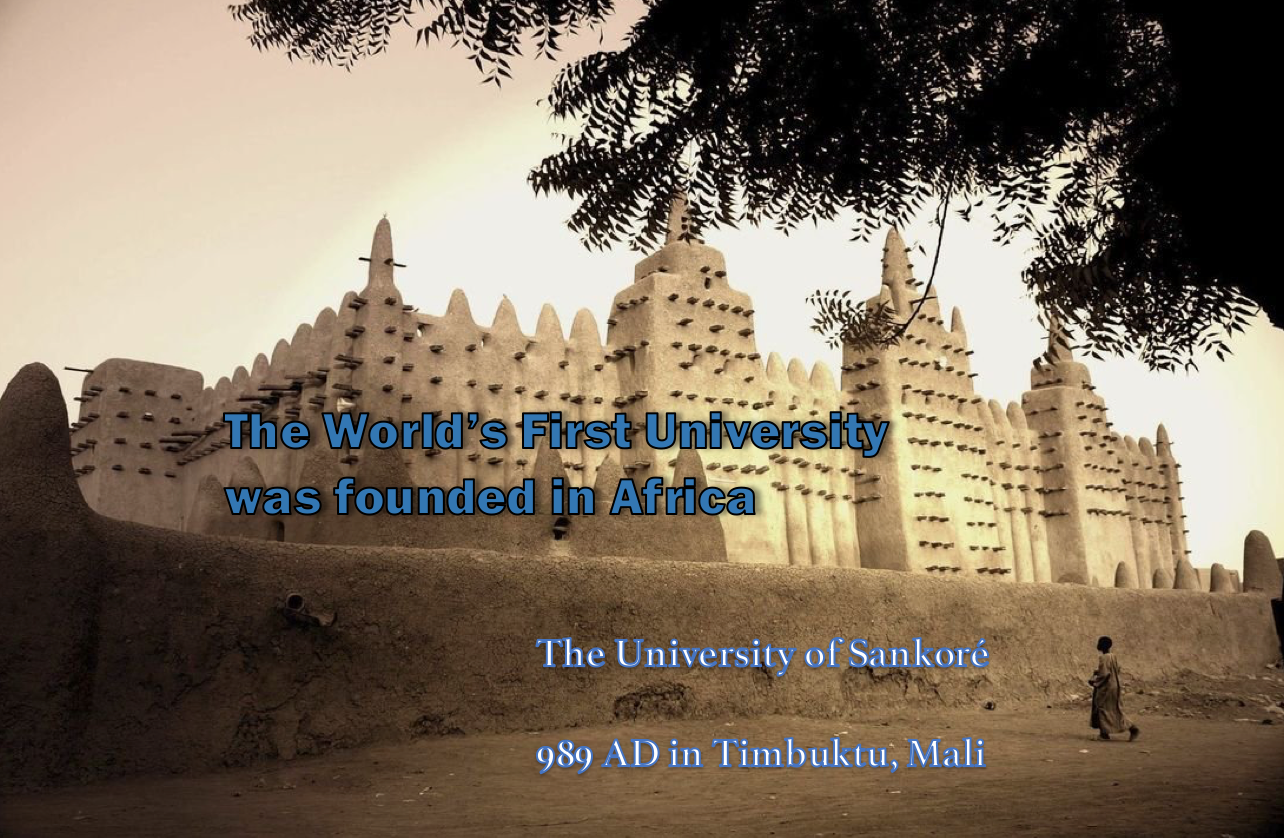Higher education institutions are an essential part of any society. They’re critical for not only teaching students, but also for developing new theories and preserving history. During February many of us take time to reflect on Black history and the work of those who came before us, many of their stories supported and preserved by those scholars studying and working at historically Black colleges and universities. In previous Black History month series I wrote about historically black colleges and universities (HBCUs), HBCU’d Better Think Twice touched on the current societal perspectives that place HBCU’s in a bracket of less prestige than PWIs resulting in our schools decreased enrollment. As an example, growing up I’d wanted to go to Spelman College, but when my father refused to pay for a degree from an HBCU, for fear of my degree not being recognized by employers, I was forced to attend a PWI. This is a dangerous trend that we cannot allow to persist in our community.
Many Americans have come to believe that Black higher education did not begin until after the end of the Civil War, April 9th 1865. Richard Humphreys, a Quaker philanthropist, invested $10,000,000 worth a tenth of his current estate in 1837, to establish The institute for colored youth. The institute was a school dedicated to “descendants of the African race” and was later renamed Cheney University. It wasn’t until 1854 that Lincoln University of Pennsylvania was founded, a HBCU that granted degrees to its graduates. These institutions took years to establish in the United States because of the perception that race based chattel slavery left on citizens. For so many centuries in America citizens were led to believe that Blacks were a primitive race with little intellectual ability. With this being the dominant ideology in America, Blacks were not even encouraged to read, they were even punished for doing so. People fail to understand how intense the fight was for Blacks to advocate for Black teaching and learning facilities. This type of thinking made building and maintaining schools for Black people a slow process in the United States However, back home in Africa Black Higher learning was around centuries before the inception of the American colonies. Africans founded the world’s first university.
In 989 AD the Sankoré mosque was founded in the city of Timbuktu by the city’s chief judge, Al-Qadi Aqib ibn Mahmud ibn Umar, with the investment of a wealthy Mandinka woman from Ghana. As the mosque became a popular center for education it was later renamed University of Sankoré. The university was made up of several independent colleges under the direction of a professor. Courses included studies about the Qu’ran, law, literature, medicine, astronomy, mathematics, physics, chemistry, philosophy, linguistics, geography, history and art. During the reign of King Mansa Musa (1307-1332) , the richest man in the world, he’d expanded the universities faculty to include jurists and astronomers. The University of Sankoré had a full staff of faculty and the largest collection of books in Africa, its library was one of the largest in the entire world with over a million manuscripts. The University of Sankoré had a housing capacity for 25,000 students and was a place highly sought after by scholars from around the world from the 12th through 16th centuries under the Askia Dynasty (1493-1591).The university can still be spotted on maps produced in Europe from that time period.
Though the University of Sankoré is still standing, it is a shell of what it used to be in its prime with very little resources to keep it operational. While the many influential characters have studied there who’ve gone on to start other education establishments, Sankoré is no longer the prestigious institution that students are waiting to get into The United Nations Educational, Scientific and Cultural Organization (UNESCO) has attempted to preserve its history and maintain the ancient buildings. The University of Sankoré was a worldwide pioneer in education. Knowing that it was one of the most popular schools with a multi-building campus structure, world-class faculty and the largest library of its time it served as a model for higher education around the world. With the establishment of the University of Sankoré, Africans founded the world’s first university. This university is not just a Black history pillar, but a pillar in the history of academia.

